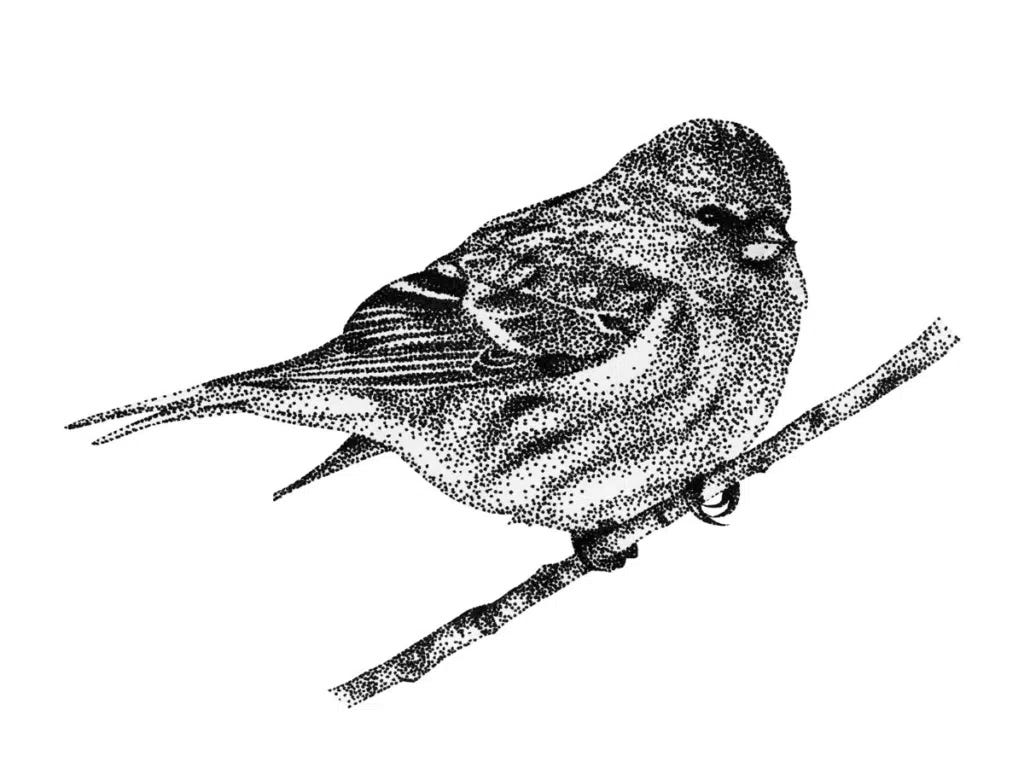“Writing micro may seem like a popular trend, but short forms have a long literary history. For centuries in China, there have been ‘pocket-size’ stories, ‘palm-size’ stories, and the ever-popular ‘smoke-long’ stories, which are stories that can be read in the time it takes the reader to smoke a cigarette. Definitions and word count may vary, but the practice of writing—and reading—short is about true decision making, about tuning in deliberately and with great focus to what is wanting to be said or shared in a moment.
Flash, postcard, micro, vignette, snapshot, nano, tweets, and Six-Word Memoirs challenge the idea that you need a lot of space to write or say something important. Writing in short is an opportunity to cut to the chase, to distill what is most essential into a few carefully considered words, to center a single experience or thought. At the same time, writers can cover a tremendous amount of ground—even whole lifetimes—in just a few sentences.
USING CONTAINERS
Containers help frame our writing practice and/or provide a structure for the final piece. It’s an ongoing principle that helps your brain understand what it’s working with—the objectives, the constraints. Deadlines serve a similar purpose. Establishing a clear framework instructs the brain to do what you want it to do, not the other way around.
There are three containers I use to help guide my writing: word count, time, and/or focus.
The container of word count
For micro, the maximum word count is 300 (250 is another popular micro max). This does not include the title, so consider trying your first sentence or part of your first sentence, as the title. The last sentence might work, too. Choose titles that are either direct or can be interpreted on multiple levels. I often tell my students who are writing micro to let the title do some heavy lifting when it comes to storytelling and/or imparting necessary information.
While drafting your work you don’t have to worry about meeting your word count—that’s what revision is for. But to ensure that you don’t end up with pages and pages of writing, the container of time will help keep you in check.
The container of time
A container of time is brain training, be it ten minutes or ninety. Fifteen minutes is a reliable sweet spot for early micro drafts, as it doesn’t allow time for overthinking or obsessing. You set the timer and go.
Before you begin, tell yourself your goal is to find the heart of what it is you want to say or share, the raw and most essential intention of the piece. Tell yourself you ultimately will want to accomplish this in a polished 300-word essay. Tell yourself that you are going to give yourself fifteen minutes to get it down, and then go for it.
You are training yourself to understand how much you can write in a specific period of time, and building up muscle memory of what 300 words looks like on a page. The goal isn’t to write a polished micro right out of the gate, but to remind your mind that this is where you are headed. Once your mind knows, it’ll figure out the route to get you there.
The container of focus
This is also known as the container of intention. Are you working off a specific prompt? Is there a theme, a person, or a moment you are trying to amplify? What is the purpose of this micro essay and/or the larger body of work? What is bothering or intriguing you? Is there an image you keep seeing, a line of dialogue or voice you keep hearing, a sensation you keep feeling? Like the container of time, you want to state what your intention is before you begin, being as vague or specific as you want, and then let the writing take you wherever you go. For early drafts it’s important to stay open—sometimes what we want to say doesn’t always make itself known for a few drafts.
TRY IT: SOME EXERCISES
If you don’t know where to begin or even what you want to write about, start with a prompt.
Prompts may seem overly simplistic, but they are a way in. Your subconscious knows where it wants to end up, but it’s waiting for you to start the journey. In other words: get writing and see where it goes.
Write about your name.
What do you see when you look in the mirror?
Write about a grandparent; a great-grandparent.
Write about a time something changed in an instant.
Write about a birthday party.
Write about a food you ate growing up.
Write about money.
Write about a family trip.
Write about a breakup.
What’s a phrase or saying you heard as a young child?
Write about what you know.
Write about what you don’t know.”




Really inspiring and insightful tips! Thank you for sharing 🔥
Guess I found your newsletter too late!